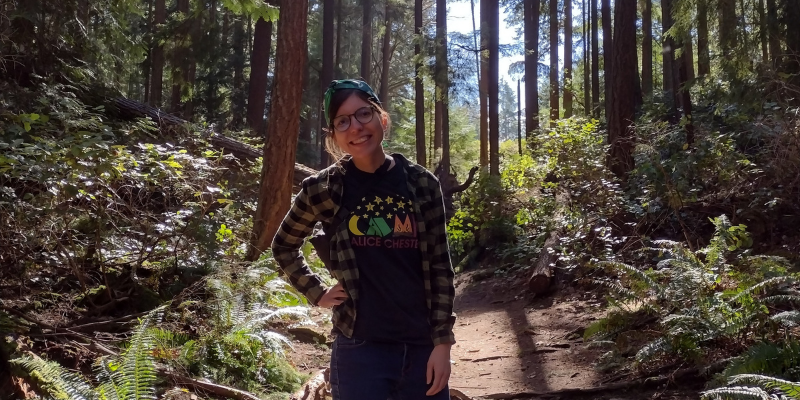Omit to Commit is all about the resources needed to opt into (and out of) behaviors, such as time, traditions (individual or group behaviors), trust, and treasures. By regularly making and breaking habits, life becomes more fulfilling and satisfying. I’m drafting a book called Omit to Commit, and in 2023, I’m posting research on the 20th of every month.
Today’s research is a little different, with some intention-setting questions, based on psychological and sociological research, to and for womxn. Womxn support womxn!
Who are you committed to?
Notice how I am not clarifying for a specific project or role. Who is your key person… are you yours?
For womxn, we’ve historically committed to others. We’re told it’s our role, a “duty” even. Consistent service to someone outside ourselves, whether we’re in the home or at the workplace, has been dubbed a “traditional” gender role. The conflicting, confusing weights of societal expectation are ceaseless, and we’re told to do all the (contradictory) things. Burnout is a chronic condition, due in part to being the key player in others’ lives.
Sociology has a word for this! Emotional labor is just that, labor. It’s work, especially for working with little ones or those dependent on us. If you find yourself planning, housekeeping, bearing the emotional load of relationships… you’re working. And while there are tons of parenting guides and career books, are there tools to truly BE outside of all this work?
My mission is to be and live with myself, regardless of getting paid, being watched, or following standards. (Team no kids, represent!) This has been an emotional journey into saying no to almost everyone and everything, moving across the country to start a new chapter, and learning who I am WITHOUT networks/tech/clothes/multiple jobs. Minimalism in training, indeed.
That’s why the key audience of my website, book, and professional roles is womxn. It’s time we become the decision-makers in our own lives again.
Reclaiming your identity outside of interpersonal, professional, and emotional work isn’t so simple as delegating tasks because you must learn to be there for yourself, whether it’s scheduling your own doctor appointments (guilty of pushing these off), owning the feelings, and cutting the crap. Omit to Commit is just that (read more research here). What can you remove, so you can start focusing on yourself again?
With others’ needs almost always in mind, how do we reclaim the little time we have? Giving energy and time to restore ourselves is essential. That’s the core of this book, and a meaning of life: Using your unique experiences and energies help you show up as your authentic self, thus shaping the world. So that brings another meditation.
What happens when we stop interrupting ourselves?
Bombardments by organic and sponsored media, societal expectations, and others’ needs are very real. Attention drifts, energies get sucked. Marketing says attention is one key currency because it’s time and energy both. Psychology says moods, attention, and energy are individually defined and thus disproportionately divvied, dependent on personality.
Making space to talk (back) and be with yourself can mean going against the system. Capitalism and patriarchy are often the loudest voices in the western world, but each of us needs to be a soldier and recognize what/who we’re up against, within ourselves too. Perfectionism? Primness? Ourselves? And, soldiering for what/whom?
Mindfulness is having its moment across cultures, but it’s still up to the individual to put this into practice. When you sit with the feelings, clarity can come… eventually. Take it from me, you probably won’t find positivity waiting. Stillness, however, can beget an understanding of who you are and what you want.
But the road to doing what you want isn’t as simple as choosing a new mindfulness routine. Because needs are required first, and they are often heavy. So what other routines can you make to live your most authentic life once those needs are met? Some ideas:
- Make a habit of being outside. This brings us back to ourselves because our nature IS nature. Exposing yourself to the wonders of the world begets space for solitude, creativity, and connections.
- Practice creating something. These THINGS can store all your feelings in one place. Making your own thing goes against the system because it is yours, unmanufactured.
- Connect with people in-person. Learning how to share your story will shape the narrative of how people view you, and how you start seeing yourself, leading to:
Where, who, and what is your legacy?
Not knowing the answers, and not being ready for them, is normal.
Legacy-thinking may put a lot of pressure on thinking of the future, and I absolutely don’t have the answers, but with so little guaranteed, we can use each moment as a chance to cultivate meaningful lives.
Recognizing that feelings linger longer than facts, womxn can start owning our differences. We are wired differently, so even if we don’t have too much time, energy, and attention to really work on ourselves, showing up when we do have some of these precious resources matters. Waving that feminist flag proudly.
Small highs, waiting on others, and being impulsive are not sustainable. So I charge you with this: You decide what, who, and where is worth it. YOU find the balance in your own life, remembering why you started in the first place. This is what shapes you. This is how you’ll be remembered.
It’s time we womxn come together. Social media abides by a scarcity model, COVID’s aftermath is ceaseless, and politics are polarizing, so instead let’s build a community of carers. We’ll be a force to be reckoned with, as there is power in individuals showing up together. This is our moment.
